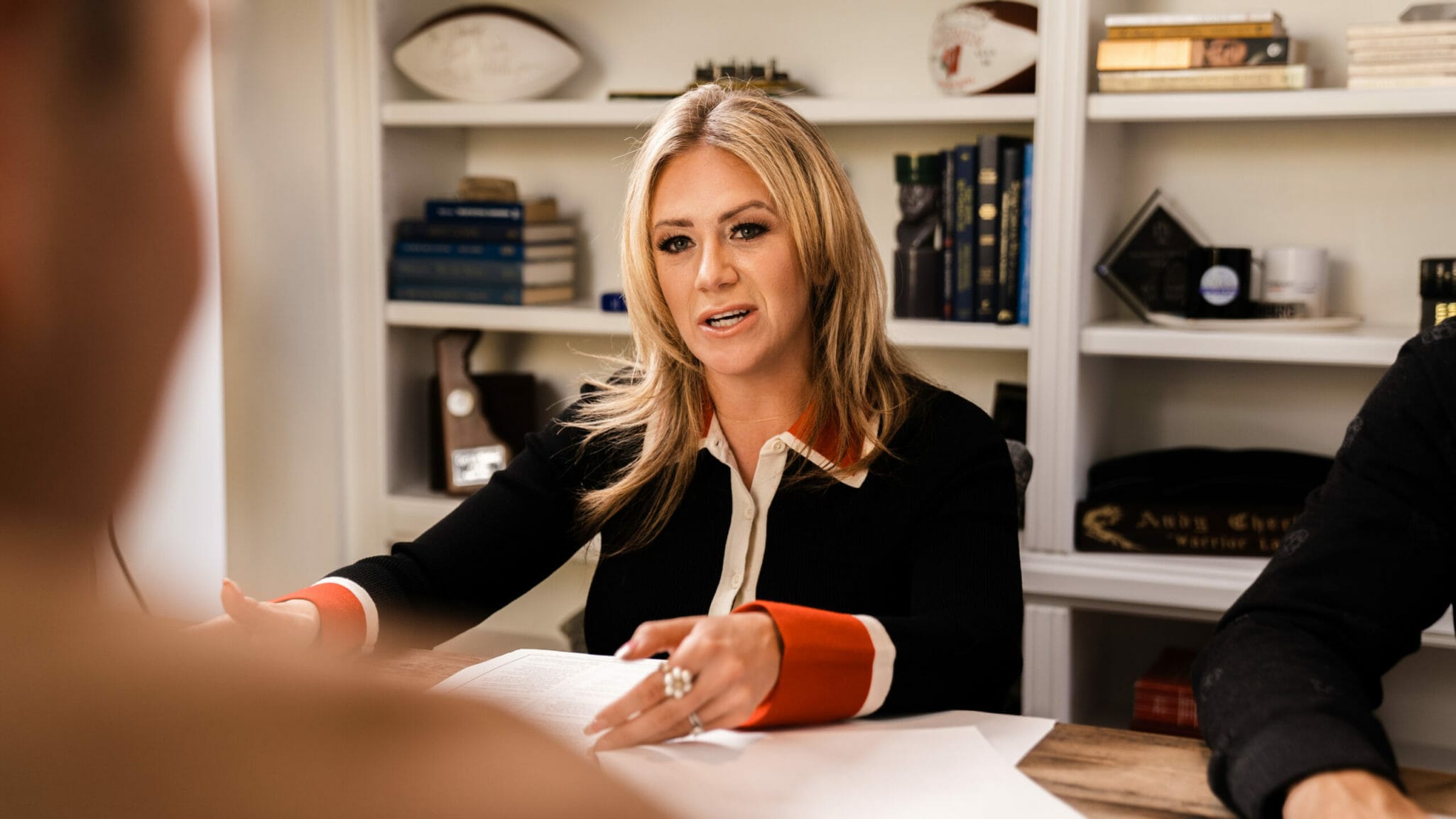The Special Victims Counsel program gives free legal counsel to alleged victims of crime. It is similar to the trial defense services, area defense counsel, or military defense counsel program available in other services where an accused service member is given access to a free military lawyer to help them through the military justice process. For an alleged victim of crime, the same thing is true. For the most part, Special Victims Counsel are given to alleged victims of sexual assault. However, there are circumstances involving other offenses like physical assault, domestic violence, and even some violations outside of assault where the individual would be eligible for an attorney to assist them.
Is It True If A Service Member Makes An Allegation Of Sexual Assault, They Are Entitled To Their Own Personal Legal Counsel Throughout The Process?
That is generally true. If a service member alleges sexual assault, they’re most often going to be entitled to the services of a Special Victims Counsel or a Victims Legal Counsel. This is an attorney whose job is solely to assist them through that process and represent their best interest in the legal process.
What Are Some Of The Challenges For A Defense Attorney When The Accuser Is Represented By Special Victims Counsel?
The primary challenge is that to be given access to that “victim,” whether for a pre-trial interview or other conversation, you have to go through that person’s attorney. That creates some difficulty at times in having interviews or discussions with the alleged victim. As military defense attorneys who have been working in this system for a very long time, we find that in some cases working with Special Victims Counsel sometimes brings a lot of success. There are opportunities for cases to be resolved without going through the court-martial, board, or any military justice process at all in some cases. Sometimes by working with the victim’s lawyer, we can come up with solutions that work for all sides.
However, that is not the result of every case. When the court-martial or other legal process begins, the most significant obstacle is gaining access to the alleged victim for interviews or other communications.
What Are Some Of The Limitations Placed On The Defense Of The Accused At The Preliminary Hearing In A Military Sexual Assault Case?
The accused has certain rights at a preliminary hearing, including presenting evidence, offering statements, and things of that variety, but there are two limitations. The first is that an alleged victim is not required to testify. An alleged victim has the absolute right to refuse to participate in that preliminary hearing, meaning most of the time, the preliminary hearing isn’t going to examine the truth or falsity of an allegation. It’s primarily going to determine if there is probable cause. The other limiting factor is that there is no requirement for witnesses to be called at a preliminary hearing. Most often, the law enforcement or command reports are being given to the preliminary hearing officer, but no witnesses are testifying, there’s no cross-examination, and it’s just a preliminary hearing where probable cause is determined. These hearings tend to be short and relatively limited in scope.
Are Special Victim Counsel Good for Military Justice?
Special Victim Counsel generally create an additional layer of adversity and complexity to a court-martial matter. They often have the right to interject their own arguments on key legal issues to the military judge. It certainly leaves the perception that an Accused is facing both the prosecutors and the Special Victim Counsel.
The Special Victim Counsel program is a favorite of Congress. The program admirably seeks to protect the rights of everyone involved, but those “rights” that end up getting litigated at trial by the Special Victim’s Counsel are usually issues to make it MORE difficult for an Accused to defend themselves. It might feel fair to the victim advocate community, but it most certainly doesn’t feel fair to those with their life on the line.
Special Victim Counsel are typically not permitted to make arguments or be involved in the trial while the jury is in the room. A great military defense attorney will navigate the obstacles created during the pre-trial portion of the case, and there are some complicated matters to address like Military Rule of Evidece 412 and 513 — rules that generally prohibit comments about an alleged victim’s past sexual behavior and mental health status.
Navigating these complex issues created by the Special Victim Counsel requires years of practice in military court and a proven history of success. Our partner, Katie Cherkasky, was the first Special Victims Counsel in the Air Force, and knows how to attack the program and its considerable short-comings. Call us to find out more about how the Special Victim Counsel program impacts your court-martial.






